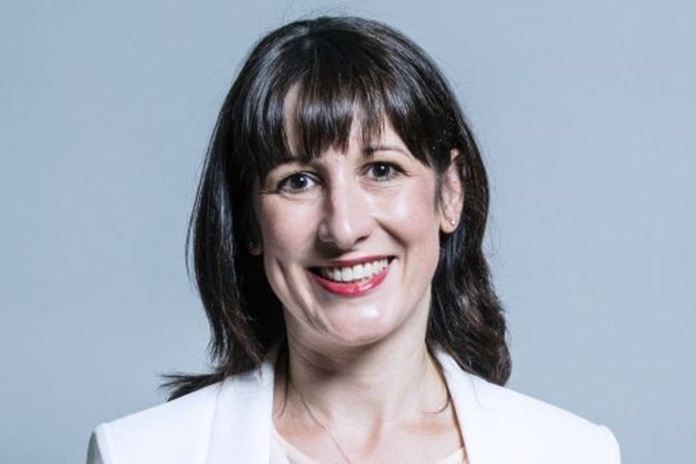The breakdown of Local Transport Fund (LTF) funding by local authority has been announced by the government.
Some £4.7bn of reallocated HS2 funding will be invested into the North and Midlands through the LTF over seven years. Local leaders in “smaller cities, towns and rural areas [are] empowered for the first time to invest in transport upgrades”, the government said.
Lancashire Council will receive the most funding, at £494m, with the York and North Yorkshire Combined Authority receiving £380m. Staffordshire (£286m), Lincolnshire (£262m), Leicestershire (£238m), Worcestershire (£210m) and Warwickshire (£204m) are next on the list, with 27 local authorities to receive funding.
Prime Minister Rishi Sunak and transport secretary Mark Harper confirmed that in total the North will receive £2.5bn, with the Midlands receiving £2.2bn, from April 2025. Delaying the funding until then is designed to ensure local authorities have enough time to develop funding plans and “prepare to hit the ground running to ensure they are delivered as soon as possible”.
The seven-year investment is part of Network North, which was announced in October following the scrapping of HS2’s northern leg.
The government estimated that over the seven years, the funding will be on average at least nine times more than the 27 local authorities currently receive through the local integrated transport block, the current mechanism for funding local transport improvements in their areas.
Sunak said it was the responsibility of ministers and MPs “to hold local authorities to account to ensure the funding is used appropriately” and ensure that the voices of local people are heard when decisions are made on where this funding goes and how the funding is spent.
“The Local Transport Fund will deliver a new era of transport connectivity,” said Sunak. “This unprecedented investment will benefit more people, in more places, more quickly than HS2 ever would have done, and comes alongside the billions of pound worth of funding we’ve already invested into our roads, buses and local transport services across the country.”
The Department for Transport will publish advice for local councils and transport authorities in due course “to help them develop ambitious plans to improve local transport infrastructure in their areas”.
Local councils will be expected to publish their delivery plans for which projects they wish to invest in.
Responding to the announcement, Darren Rodwell, transport spokesperson for the Local Government Association, said: “This funding will help local leaders improve connectivity in more parts of the country. Long-term, consistent funding for all councils would provide certainty for them to properly plan ahead on strategic transport projects, while investing in local skills and boosting their workforce.
“Councils know their areas best and play a vital role in integrating transport, housing, economic development and other services to maximise improvement and value for money. While MPs rightly represent local people in parliament, councils need to be given the freedom and flexibility to make the long-term, strategic decisions locally which best benefit residents and communities.”
The LTF funding will be a topic of discussion during a panel session assessing the role local authorities should play in unlocking regional prosperity at Room151’s Local Authority Treasurers Investment Forum North (LATIF North) conference in York on 19 March. There is still time to register to attend the event, which brings together local authority treasurers and s151s for a mix of market and economic analysis, practitioner insights, roundtable discussions and networking opportunities.
—————
FREE bi-weekly newsletters
Subscribe to Room151 Newsletters
Follow us on LinkedIn
Follow us here
Monthly Online Treasury Briefing
Sign up here with a .gov.uk email address
Room151 Webinars
Visit the Room151 channel












